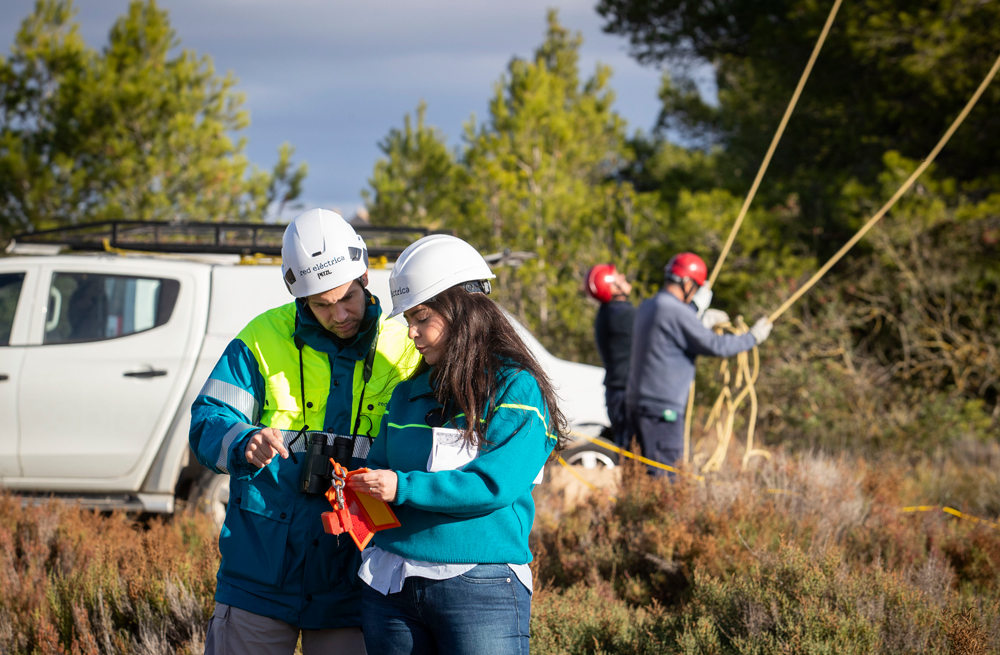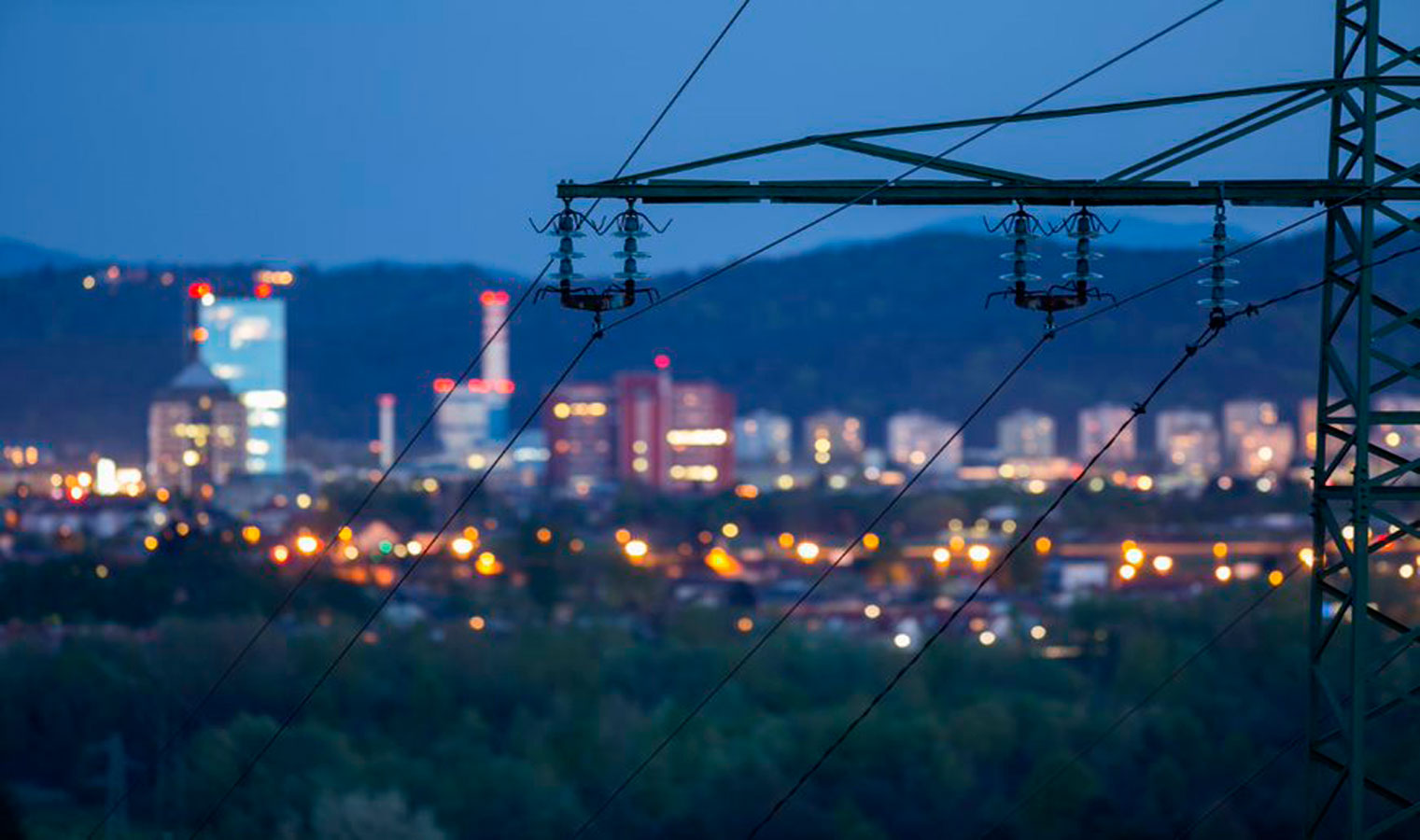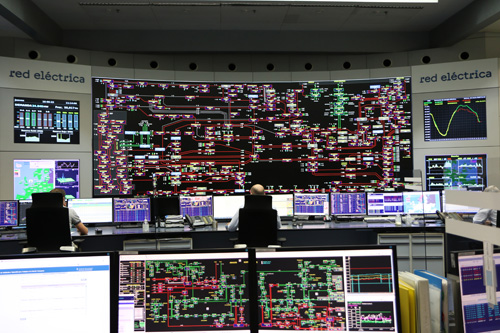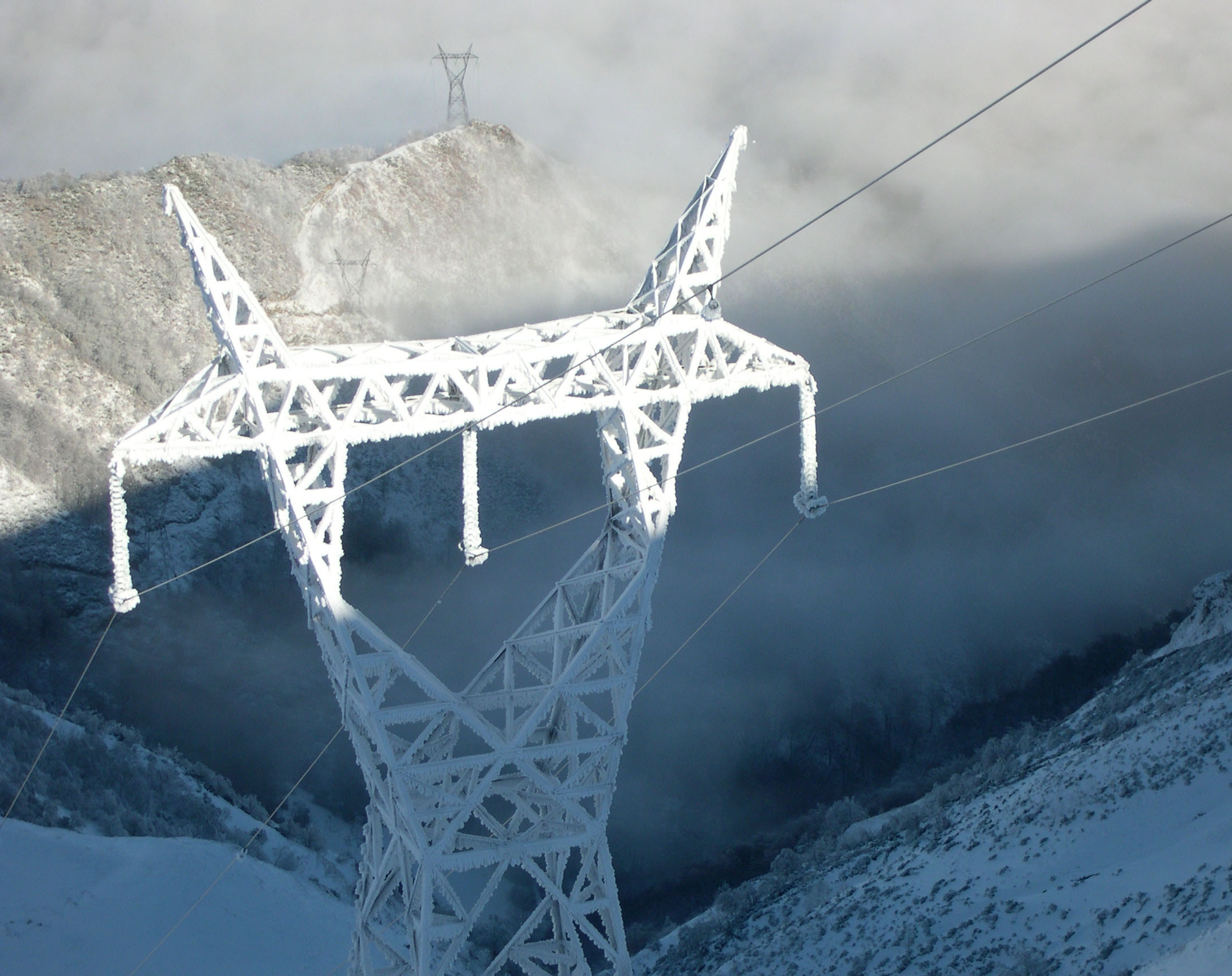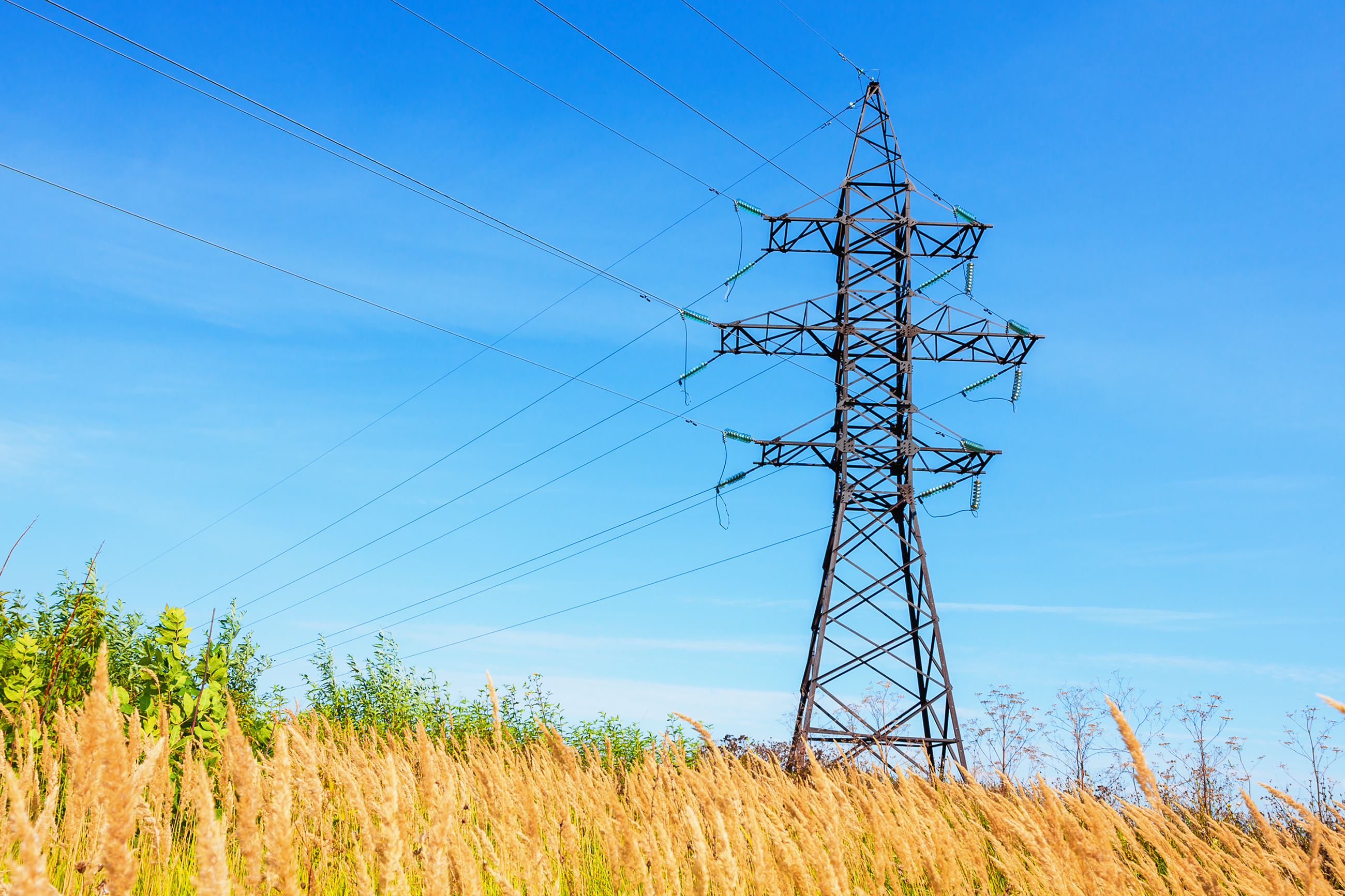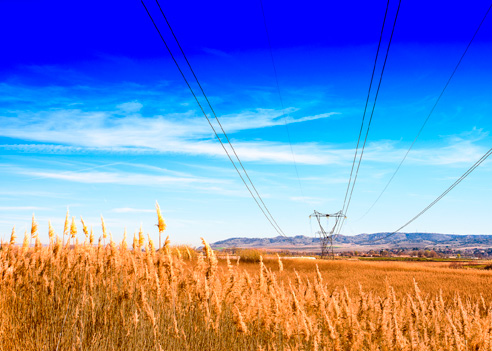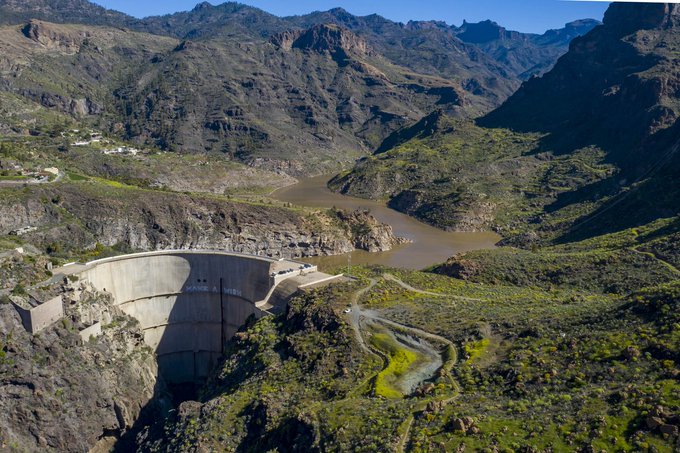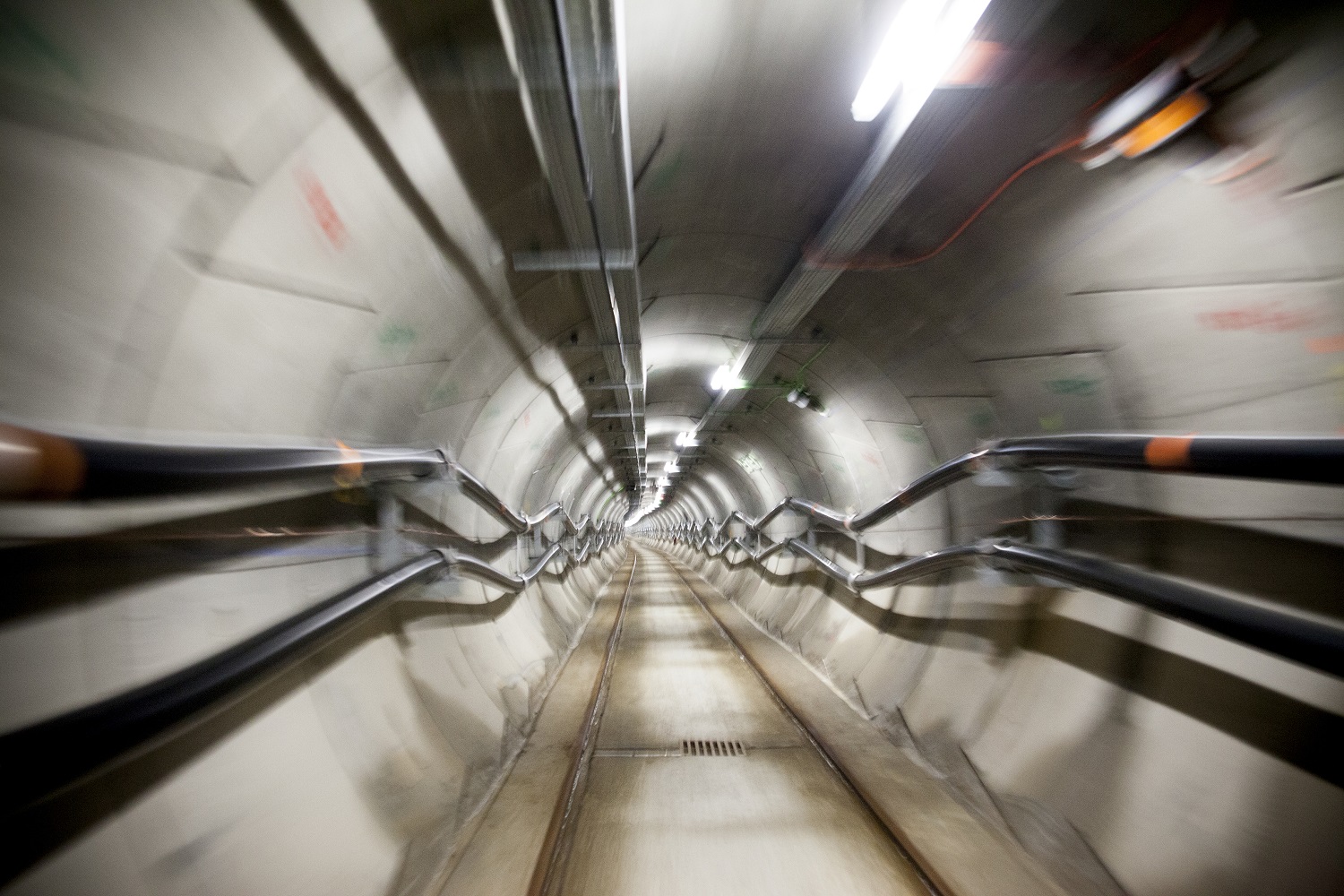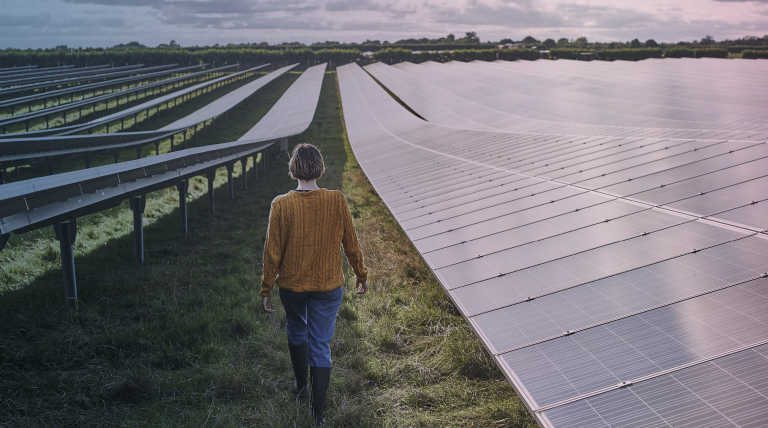For 40 years, we've been driving our country's economic and social progress. Four decades shaping Spain.
An agreement has been reached by all administrations, Red Eléctrica, and residents regarding the second electrical link between the Peninsula and the Balearic Islands.
The Ministry for Ecological Transition and the Demographic Challenge, the Balearic Islands Government, Alcudia City Council, Mallorca Council, Plataforma de vecinos (Neighbourhood Platform), and Red Eléctrica have established a working group to define mutually agreed alternatives that promote an optimal socially, technically, and environmentally viable route.
Regarded as a strategic initiative, the link will enhance supply security across the archipelago, promote the integration of renewable energy sources, and result in annual savings of 149 million euros for all consumers.
This step occurs after a lengthy process of dialogue in which all parties have demonstrated their commitment to reaching a preliminary agreement on viable alternatives, maximising the route through non-urban or inhabited areas, and prioritising the use of public roads or highways. The second link between the Peninsula and the Balearic Islands is a crucial project for the Balearic electrical system. All the islands will be interconnected, which will provide a substantial boost to supply quality, advancement in ecological transition goals, and a decreased reliance on fossil fuels in the electricity generation system in the archipelago.
According to the Secretary of State for Energy, Sara Aagesen, "this agreement represents the embodiment of a spirit of consensus and collaborative effort among all institutions and at every level." We are all committed to working together to choose a balanced, viable option that prioritises the well-being of Balearic society as a whole and takes into account the sensitivities of the areas near the route of the line. And I am confident that we will all work, as we have done so far, to choose the best alternative.
Marga Prohens, the President of the Balearic Islands Government, emphasised the significance of gathering support from the public at large, particularly the communities of Alcudia, due to the strategic importance of this infrastructure. The President stated that in pursuit of this goal, the Government of the Balearic Islands has been working over the past few months to find common ground among all parties involved, including administrations, local communities, and the Electric Network, which is responsible for this project.
Beatriz Corredor, President of Redeia, parent company of Red Eléctrica, believes that there is currently no project as decisive or ambitious for the energy transformation of the Balearic Islands as this second electrical link with the Peninsula. Red Eléctrica is fully committed to making it possible while always respecting the environment and listening to the needs of the community in the area. In our view, right from the start, it has been essential for this project to have the maximum consensus as regards its basic features, among them the land route."
Second Peninsula-Balearic Island link: a strategic project
The approval of the second Peninsula-Balearic link in the 2021-2026 Electricity Transmission Network Planning will significantly increase the benefits compared to the first link, resulting in a 65% coverage of the Balearic electrical system demand and a reduction of 905 kt of CO2 emissions annually. This is a great step towards reducing dependence on combustion plants in the archipelago.
In a scenario of decarbonisation of the generation network in the Balearic Islands and with the growing presence of renewable energies, it will allow the integration of the system of 236,000 MWh/year of renewable energies in the archipelago under safe conditions while maintaining current service quality levels.
Additionally, an annual cost saving for the system of €149 million is estimated, in addition to the €100 million from the unified Balearic electrical system connected to the Peninsula and Europe.
1. The upcoming Peninsula-Balearic Islands II project features a 2*200 MW underwater and underground link using direct current. Spanning approximately 400 kilometres, with 390 kilometres underwater and the remainder underground, it will connect the converter station in Fadrell, Castellón, to the new converter station in San Martín, Balearic Islands without causing further impact.
This project is set in an already industrialised area, ensuring that the new infrastructure can be integrated smoothly without causing additional disruptions. The Electricity Transport Network Planning for 2021-2026 allocates over 1.2 billion euros to the Balearic Islands, the largest investment in the country, which will provide the archipelago with the necessary infrastructure to significantly advance its energy transition and position itself at the forefront of a new green energy model, ensuring a high-quality electricity supply. All developments are underground, with no new overhead lines, and they maximise the use of the current network, thus minimising environmental impact.
In the Planning, some of the flagship projects include the installation of energy storage batteries in Ibiza and Menorca for the first time in Spain, fully integrated into the transport network (currently in the final stages of processing). Additionally, there is the new underground line between Ibiza and Bossa, currently being constructed, and the new link between Ibiza and Formentera, operational since June 2023. This link has made it possible to eliminate fossil fuel production to meet Formentera's demand at all times with the highest quality and supply safety standards.
Downloads

